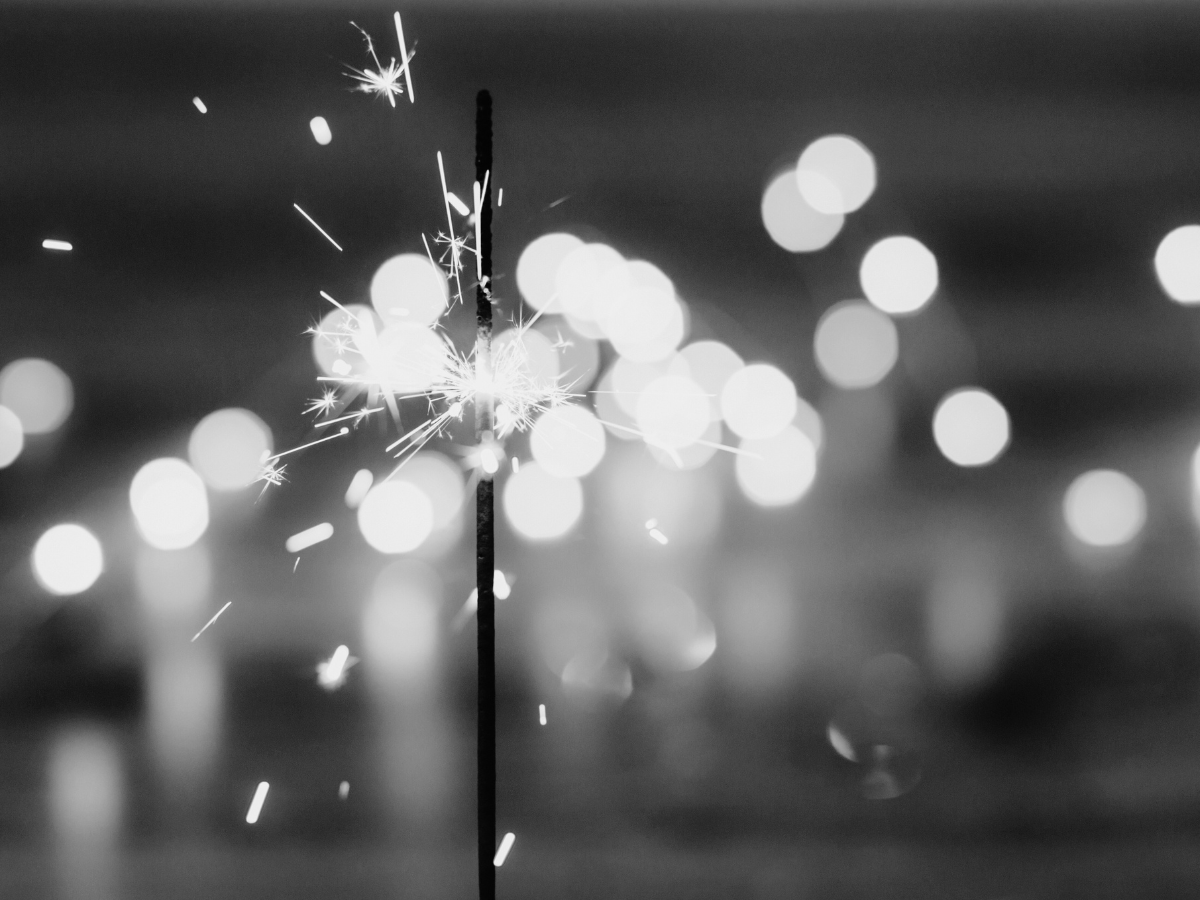
By Elizabeth Silkes, Executive Director
The skies are overcast with a slight drizzle when I wake on July 4. Beyond taking time off from work, I have no special plans to celebrate the day. This has long been my practice, evolving over the years from an initial stance of personal questioning of official holidays, to professional interrogation of whose stories are missing in holiday narratives, to public advocacy in support of reconsidering our holidays in acknowledgement that contested histories, when explored collectively, can advance understanding across difference.
It was already my practice but deepened when I read Frederick Douglass’s words from his July 5, 1852, address at an Independence Day celebration in Rochester, New York, “What to the Slave is the Fourth of July?”. Douglass decries the hypocrisy of celebrating the founders’ professed ideals of freedom even as they perpetuated the enslavement of human beings: “The sunlight that brought light and healing to you, has brought stripes and death to me. This Fourth July is yours, not mine. You may rejoice, I must mourn.”
It was already my practice but deepened in February 2007 when I learned my daughter’s public elementary school in New Jersey closed for President’s Day but not for Martin Luther King Jr. Day.
It was already my practice but deepened in the fall of 2021 when I learned my son’s progressive middle school in Connecticut marked Columbus Day on their calendars but not Indigenous Peoples Day, and the following year when I learned his new, more progressive school marked neither holiday, avoiding exploration of these histories by holding space that day for “Fall Holiday”.

